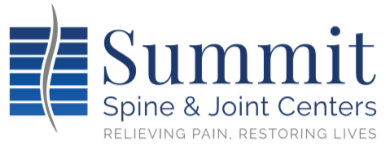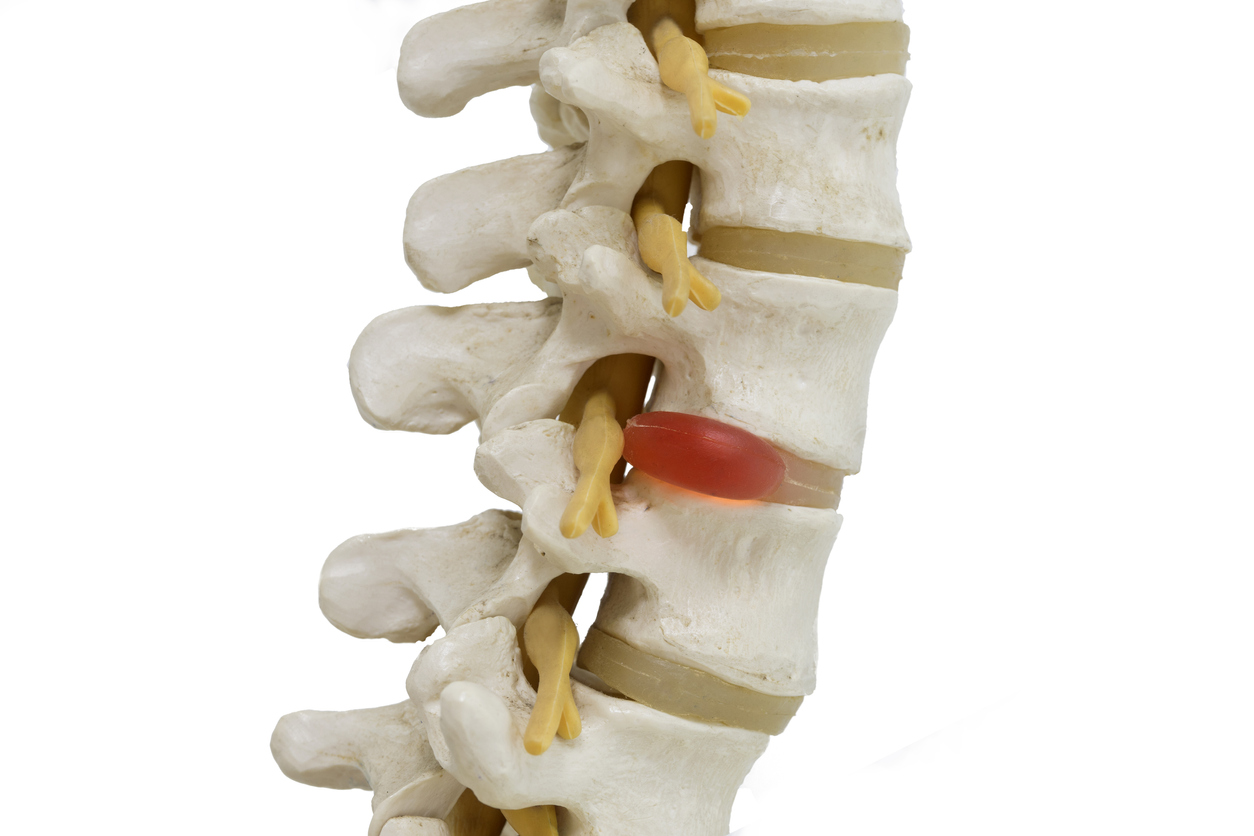Your spine is a flexible column of bones and cartilage that allows you the freedom to move. Also referred to as discs, each section of cartilage in your spine cushions the bone and contains a softer center. Although this vulnerable center is protected by a harder exterior, an injury to your spine can cause the soft interior of the disc to push out through a tear or injury in the hard exterior. When this happens, it’s known as a herniated or slipped disc.
In some people, the herniation can push on adjacent nerves in the spine, which causes pain, numbness and weakness. While the majority of people who have herniated discs experience them in the lower back, they can happen to any of the cartilage discs in the spine.
What Causes a Herniated Disc?
An injury, accident, lifting heavy objects or even natural wear and tear can cause a herniated disc. For some people, a combination of factors contributes to a herniation. If you’ve had a previous injury to your spine, you may be more susceptible to disc herniation, especially as you age.
Symptoms are typically caused by pinched nerves surrounding the disc herniation. Depending on the severity of the herniation, some people may not experience any symptoms. Others will experience numbness and pain throughout the legs and feet due to pinched nerves, which can result in a loss of sensation. This typically only happens on one side of the body.
Potential Herniated Disc Treatment Options
The earlier you receive treatment for a herniated disc, the less likely you’ll experience complications in the future. What are your herniated disc treatment options?
- Physical therapy. A physical therapy program may help some patients experiencing milder symptoms of a herniated disc.
- Cervical epidural steroid injections. These injections can help people experiencing pinched nerves as a result of a slipped disc to relieve inflammation and pain.
- Nerve blocks. Nerve blocks can be a successful form of treatment for patients experiencing nerve pain and associated symptoms from a herniated disc.
Depending on the nature of your slipped disc, you may have other treatment options that don’t require pain medication. When you’re considering pain management for a herniated disc, you have options at Summit Spine & Joint Centers.
Find Out More About How We Can Help
Looking for herniated disc treatment options? Our board-certified physicians at Summit Spine & Joint Centers make living pain-free possible with our minimally invasive pain management techniques. Call us at (770) 962-3642 or contact us online to find out more about your possibilities for pain management for a herniated disc.

